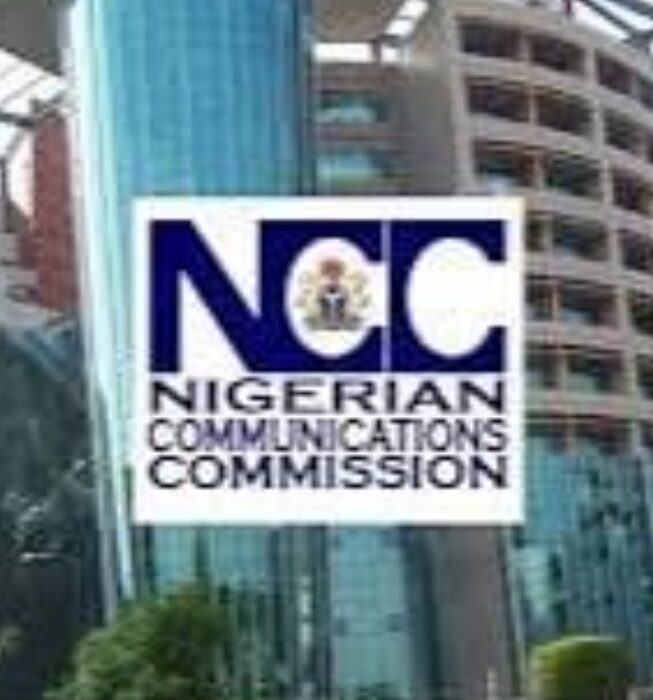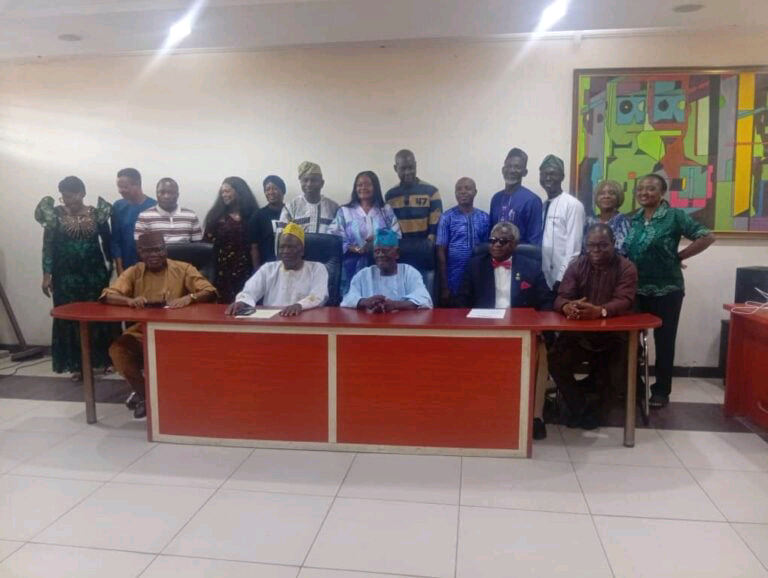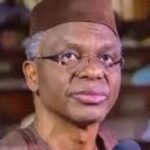Nigeria Hits 79.65% Teledensity, 48.81% Broadband Penetration

The Nigerian Communications Commission (NCC) has announced that as of May 2025, Nigeria has reached a teledensity of 79.65 percent along with a broadband penetration of 48.81 percent.
This disclosure was made during a stakeholders’ forum held in Abuja, where the Commission introduced a draft licensing regime, the General Authorisation Framework, designed to enhance innovation and integrate new technologies within Nigeria’s telecommunications sector.
During the forum, the Executive Vice Chairman of the NCC, Dr. Aminu Maida, represented by the Executive Commissioner for Stakeholder Management, Rimini Makama, stated that the new framework is crafted to adapt to the rapidly evolving digital economy and to support startups, novel service models, and emerging technologies.
“We are at a pivotal moment where the nature of innovation necessitates a regulatory approach that is both enabling and forward-thinking,” Maida remarked.
The draft framework introduces three instruments: Proof-of-Concept for piloting ideas, Regulatory Sandbox for controlled testing, and Interim Service Authorisation for services not covered by existing license categories.
Mr. Usman Mamman, the Director of Licensing and Authorisation at NCC, mentioned that the framework is informed by research and global benchmarking from countries such as the United Kingdom and Singapore.
“This new methodology will foster experimentation and responsible deployment while ensuring market integrity,” Mamman noted, encouraging stakeholders to offer feedback prior to finalisation.
During the forum, Dr. Mohammed Yusuf, Head of Telecoms Law and Regulations at the NCC, also presented stakeholder input from entities such as the Industry Consumer Advisory Forum (ICAF) and MTN Nigeria.
ICAF advocated for more explicit consumer protection measures, redress mechanisms, and limitations on the scope of authorisations, whereas MTN expressed concerns regarding overlap between temporary and permanent licences, requesting more detailed guidelines.
Yusuf assured attendees that the final framework will incorporate stakeholder feedback and align with national digital policies.
The Commission stressed that the General Authorisation Framework remains a draft and is subject to public review.









